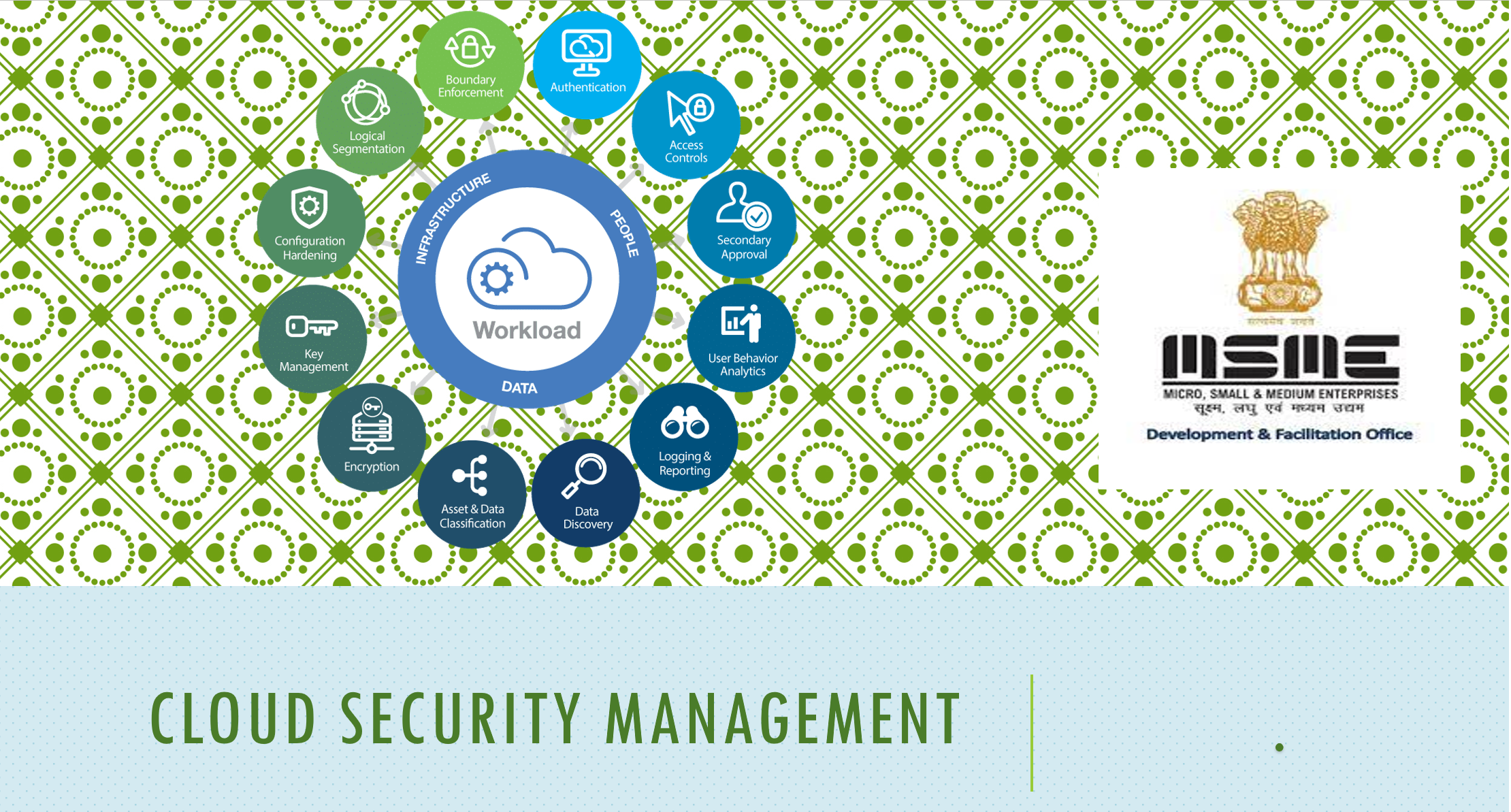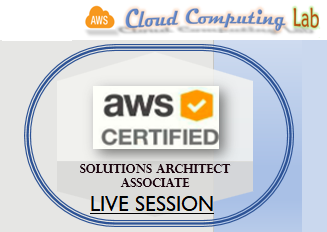
Course Objectives
After completing this course, you will be able to:
- Discuss the foundational concepts of cybersecurity principles.
- Recognize foundational security concepts of information assurance.
- Define risk management terminology and summarize the process.
- Relate risk management to personal or professional practices.
- Classify types of security controls.
- Distinguish between policies, procedures, standards, regulations and laws.
- Demonstrate the relationship among governance elements.
- Analyze appropriate outcomes according to the canons of the ISC2 Code of Ethics when given examples.
- Practice the terminology of and review security policies.
- Explain how organizations respond to, recover from and continue to operate during unplanned disruptions.
- Recall the terms and components of incident response.
- Summarize the components of a business continuity plan.
- Identify the components of disaster recovery.
- Practice the terminology and review concepts of business continuity, disaster recovery and incident response.
- Select access controls that are appropriate in a given scenario.
- Relate access control concepts and processes to given scenarios.
- Compare various physical access controls.
- Describe logical access controls.
- Practice the terminology and review concepts of access controls.
- Explain the concepts of network security.
- Recognize common networking terms and models.
- Identify common protocols and ports and their secure counterparts.
- Identify types of network (cyber) threats and attacks.
- Discuss common tools used to identify and prevent threats.
- Identify common data center terminology.
- Recognize common cloud service terminology.
- Identify secure network design terminology.
- Practice the terminology and review concepts of network security.
- Explain concepts of security operations.
- Discuss data handling best practices.
- Identify key concepts of logging and monitoring.
- Summarize the different types of encryption and their common uses.
- Describe the concepts of configuration management.
- Explain the application of common security policies.
- Discuss the importance of security awareness training.
- Practice the terminology and review concepts of network operations.

Cloud Security Management: Cloud Security Knowledge
- Teacher: Anil Kumar

You wll learn:
- to build high-performance, cost-optimized, resilient, secure and operationally efficient AWS architectures
- to prepare for the SAA-C03 AWS Solutions Architect-Associate Certification exam
- Teacher: Anil Kumar